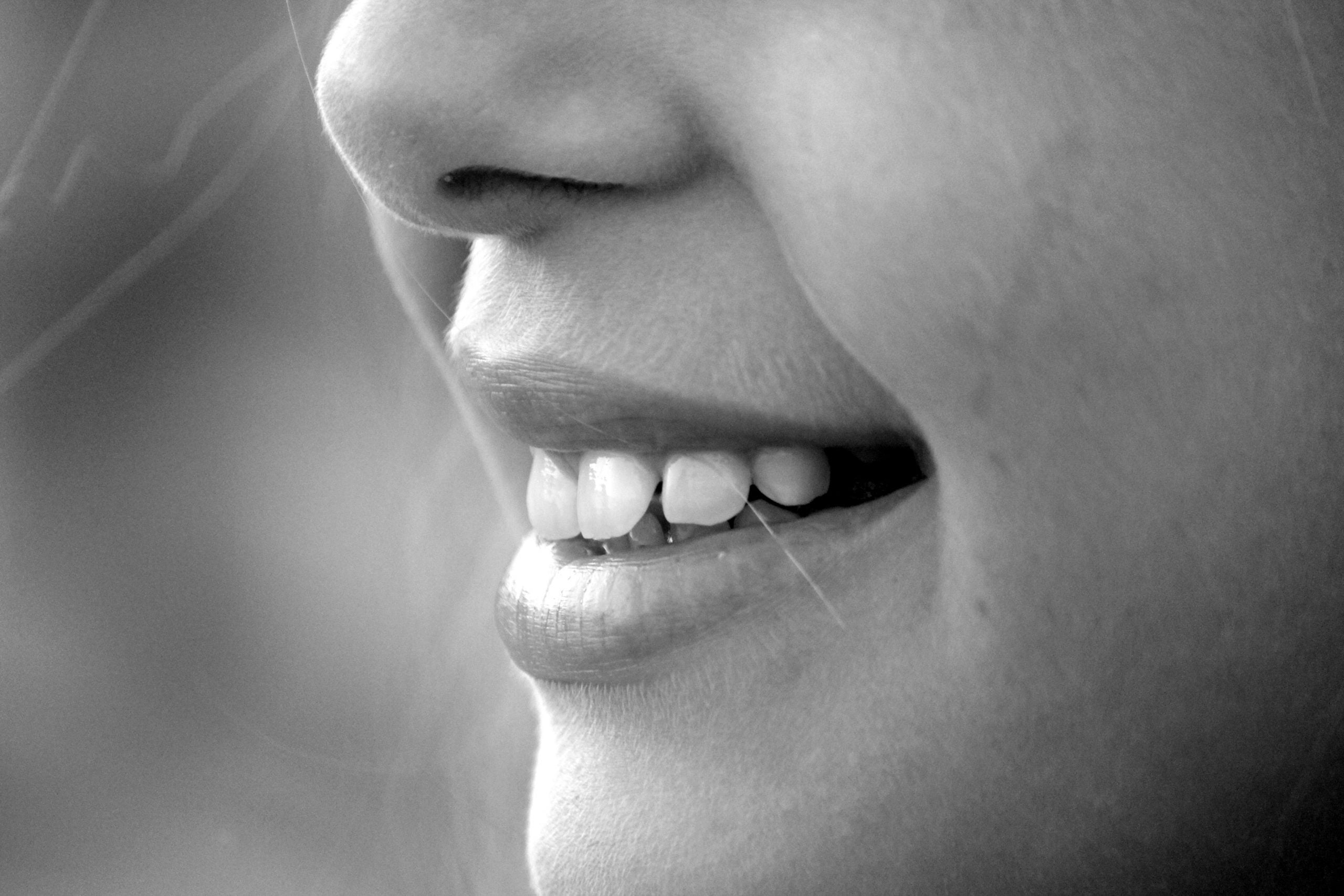
Neuromodulator injections for Bruxism and other New Ways to Stop Grinding Your Teeth
Why does Turó Park’s Dental Team want you to stop grinding your teeth?
People most often grind or clench their teeth while sleeping. But did you know you might also be grinding (also known as bruxism or TMJ disorder) without realizing it, watching television, driving, or when you are stressed?
Grinding your Teeth can cause:
- headaches
- pain in your jaw, face, and ears
- wearing down and flattening of your teeth
- loose or painful teeth
- cracked or damaged teeth
- broken fillings and crowns
- fatigue
- difficulty opening your mouth completely
- pain while chewing.
The longer you have untreated bruxism, the greater your risk of:
- chronic ear and headache pain
- facial muscle enlargement or permanent problems opening your mouth or moving your jaw
- significant teeth damage requiring dental procedures, such as dental bonding, filling, crowns, or bridges
- chronic temporomandibular joint disorders (TMJ)
Here are some ways to try to prevent these problems related to teeth grinding:
- Be aware. Try to take note of whether you grind your teeth during the day and whether your jaw muscles feel tired or ache when you wake up in the morning. Ask your partner whether they ever hear you grinding your teeth, especially at night.
- Get a mouthguard or splint. Different from the molded, protective over-the-counter mouthguards worn during sports, our dental team can provide you with a custom-molded guard or hard-plastic splint which protects your teeth, prevents grinding, and reduces jaw tension.
- Neuromodulators. Injections of neuromodulatos into the main muscles of the jaw can help relax the muscles, temporarily treating teeth-grinding and stopping related muscle pain or headaches. It is only a temporary cure which will last about 3-4 months, and we recommend you discuss the benefits and risks of this procedure with our dental and medical team before choosing this treatment option.
- Reduce stress. Common strategies our providers at Turo Park Medical and Dental Center recommend for stress-relief are:
– Yoga and meditation
– Talk therapy with a therapist, counselor, or friend
– Exercise to produce more stess-busting endorphins that help you feel good - Tongue and jaw muscle exercises which our dentists can show you, will help relax jaw and facial muscles and realign your jaw. You can also apply ice and/or heat to relax the muscles and reduce the tension. Two exercises you can try now are:
– Open your mouth wide while touching your tongue to your front teeth to relax the jaw.
– Massage your jaw muscles with your fingers in a circular motion. - Reductive coronoplasty is a dental procedure that may be needed to reshape or level the biting surface of your teeth. Dentists also sometimes build up the teeth when they are very worn after years of bruxism. Turo Park Dental Center’s English-speaking dentists can perform either procedure.
Unsure if you are grinding?
Turó Park Medical and Dental Center’s expert dentists can tell you with a simple look in your mouth. They can also examine your bite and jaw alignment to see whether a nightgaurd, splint, dental work, or orthodontic treatment could help. Some remedies may work better than others, depending on what you grind your teeth and your symptoms. Our dentists work collaboratively with our GP’s and pain specialists to find the best way to treat your chronic jaw, ear, neck pain or headaches. Call or book an appointment online with our English-speaking medical team to start protecting your teeth today!
Author: Amy Harris
Leave a Comment
(2 Comments)
Could you please provide a quote of Botox treatment for Bruxism?
Hello Carolyn, thank you for your comment. The neuromodulator injections for bruxism have a price of 430 euros. Do not hesitate to contact us for further information.
Recent Posts